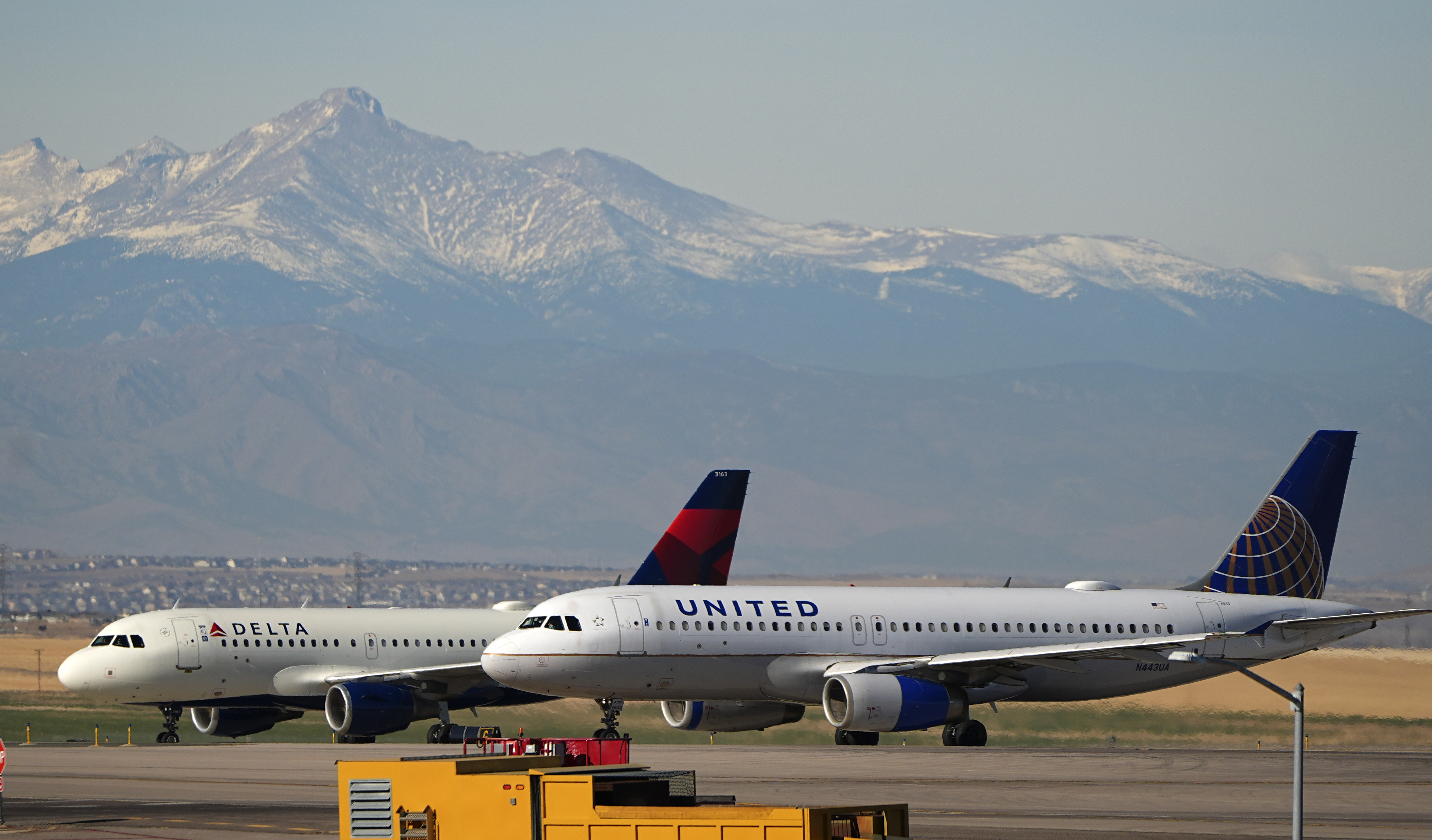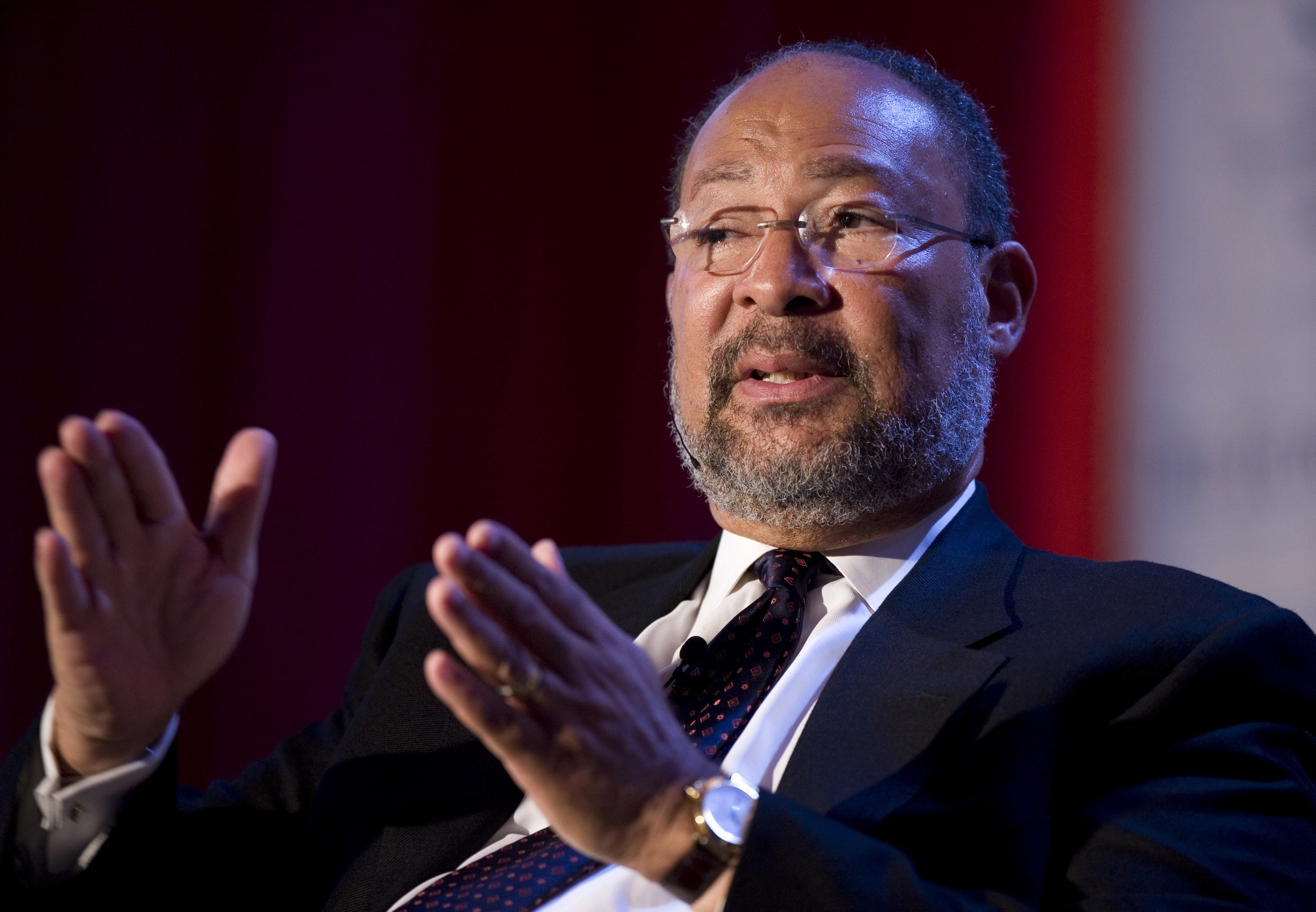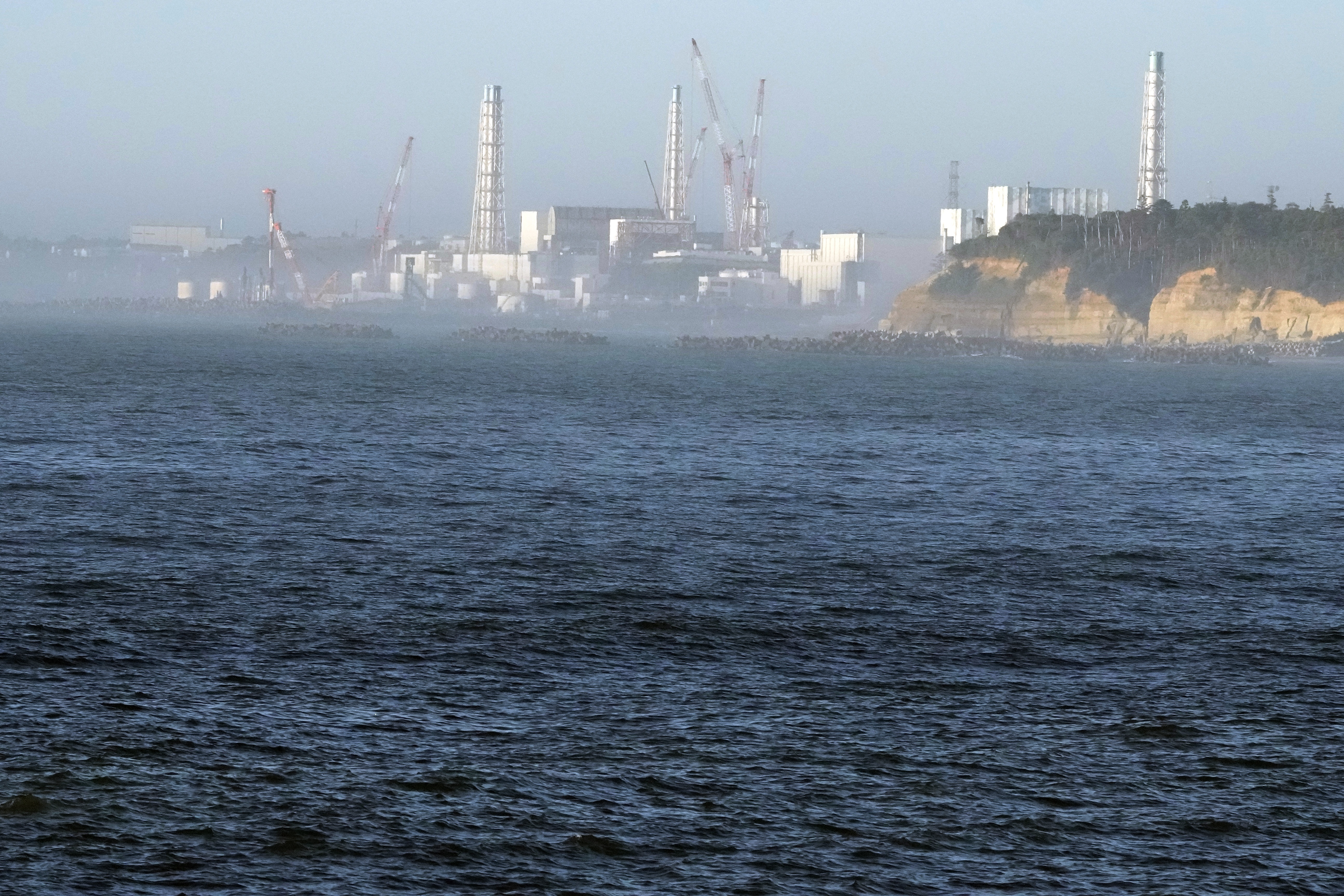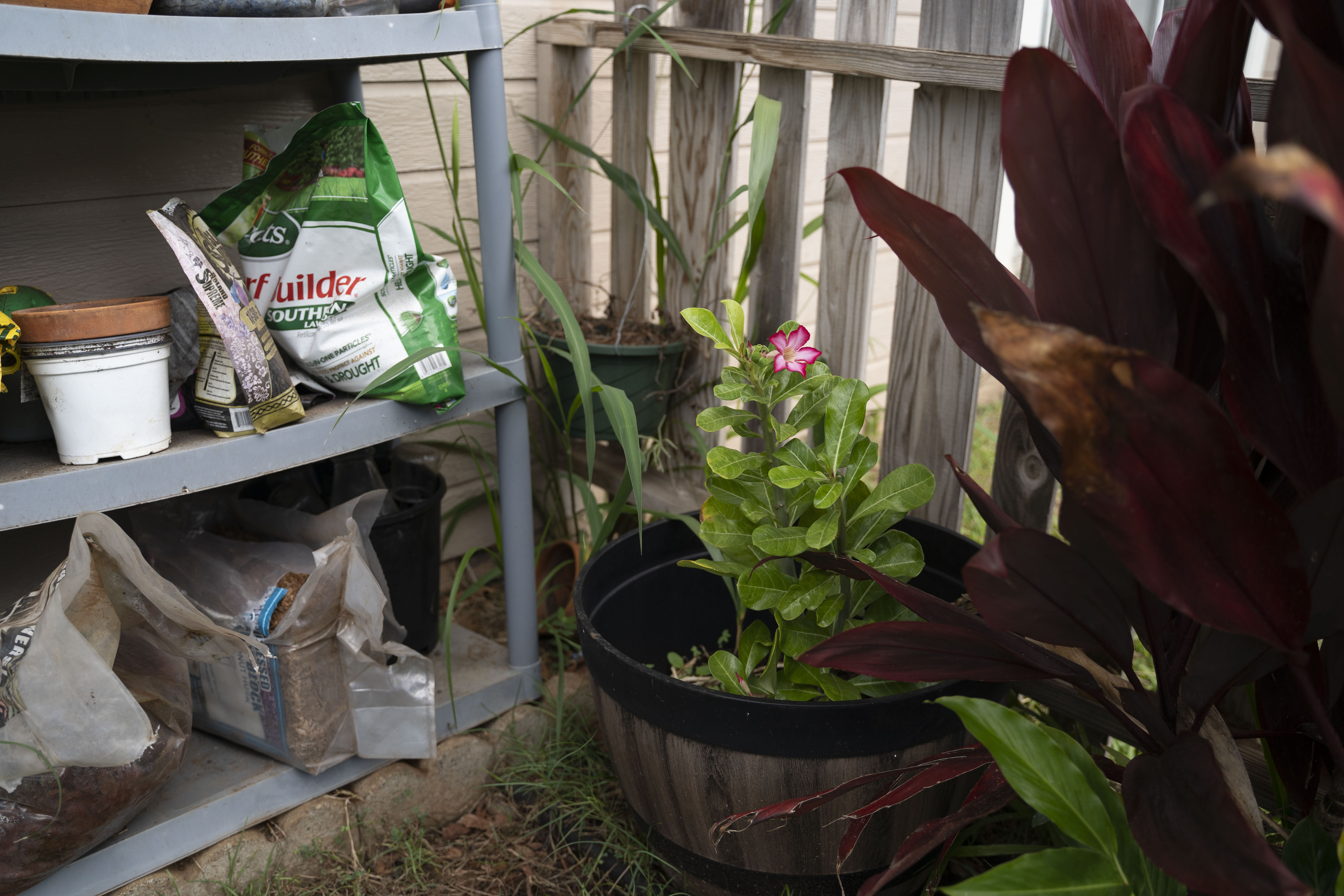RICHMOND, Va. (WFXR) — There are questions about the menhaden population in Virginia’s portion of the Chesapeake Bay, but they will not be answered for at least another four years, if at all, because of a vote taken by the Virginia House of Delegates Rules-Studies Subcommittee.
The subcommittee voted to delay until the 2025 legislative session consideration of funding for a study of Chesapeake Bay menhaden numbers, and the impact environmental and various types of fishing has on them. The research project would take three years to conduct.
There was no testimony or debate. The bill’s sponsor Del. R. Lee Ware (R-Va. 72nd), who is not a member of the subcommittee, was allowed to give a brief explanation of the bill. Immediately following that, there was a motion to move the bill to the 2025 legislative session, and that motion carried on a voice vote.
This is the second year in a row that a study proposal has been delayed.
“It had bipartisan support,” said Steve Atkinson of the Virginia Saltwater Sportfishing Association. “This is the second year in a row that this has happened. They kicked the can last year and now they’ve kicked the can again.”
“I’m deeply disappointed,” said Del. Ware. “This would have provided real science and given us a sense of what is happening.”
The species is of concern because it is a primary forage for a wide variety of fish, birds, and aquatic mammals. Sportfishing groups have raised questions about declining numbers of gamefish like striped bass, red drum, and sea trout, and they have suggested that industrial style fishing for menhaden, known as reduction fishing, may be a factor.
A recent study by researchers at The College of William & Mary found ospreys, a type of raptor that feed heavily on menhaden in the Chesapeake, may be in decline because hatchlings are starving in the nest.
Omega Protein is the largest and primary reduction fishing company on the Chesapeake. Omega’s operations are based in Reedville. It operates a fleet of vessels, spotter planes, net boats, and other technology to harvest menhaden on an industrial scale.
Delegate Ware says he sponsored the bill to fund the study of Atlantic menhaden because he says it is vital to understand how various factors, including reduction fishing, are affecting menhaden and other wildlife in the Chesapeake Bay.
Del. Ware says there was a meeting of various stakeholders including conservation groups, sport and commercial fishing groups, and Omega Protein several months ago. Ware says all parties came to a consensus to move the research funding bill forward. He also told the subcommittee that when he addressed the members.
“As a result of that they came to a unanimous agreement about how to proceed with the science,” Ware told the delegates. “They suggested a three year longitudinal study that will really give us answers on this very important fish.”
Despite the consensus, the measure was still delayed by lawmakers.
The Chesapeake Bay Foundation (CBF) was one of the stakeholders involved in that consensus. CBF Senior Scientist Chris Moore says the vote is disappointing.
“Looking at all the different concerns, I mean you look at all the other fish that eat menhaden, or you look at marine mammals, or you look at birds, or if you factor climate change impact in there, there are some questions that need to be answered,” Moore said. “Unfortunately, we’re in a situation now where funding for this bill is at least another year away, which really kicks the can down the road which is unfortunate being that we have so many pressing questions about menhaden populations in the Chesapeake Bay.”
Members of the subcommittee have, so far, not responded to phone and email requests for an explanation of why the funding bill was pushed to the 2025 session. Members of the House Rules-Studies Subcommittee are:
- Del. Luke Torian (D-Prince William County)
- Del. Betsy Carr (D-Richmond)
- Del. Cliff Hayes (D-Chesapeake)
- Del. Dan Helmer (D-Fairfax County)
- Del. Terry Austin (R-Buchanan)
- Del. Israel O’Quinn (R-Bristol)
- Del. Don Scott (D-House Speaker)
Omega Protein says claims it lobbied against the bill are false.
“Despite our concerns that these proposed projects would not answer the primary question most people are after; i.e., “How many menhaden are in the Bay? and what should the Bay menhaden harvest be?”, we took no position on the bill.” said company spokesperson Ben Landry through a statement emailed to WFXR News. “I can say with certainty that no one from our team lobbied against Del Ware’s bill.”
Omega’s position is that Atlantic menhaden stocks are healthy on a coastwide basis. Science backs that up, though the Virginia study, which would have been led by the Virginia Institute of Marine Sciences, would have taken a look at menhaden numbers on just the local level in the Chesapeake Bay.
Now, that research is at least another year away. Conservation and fishing groups say they are frustrated and at a loss to understand why lawmakers voted to delay research they say is so vital to Virginia, its wildlife, and its economy.
“The only conclusion we can come to is they don’t want science,” said Atkinson. “What’s really frustrating is when we raise concerns about what’s going on in the bay, we are often told there’s no science to support our concern.”














































